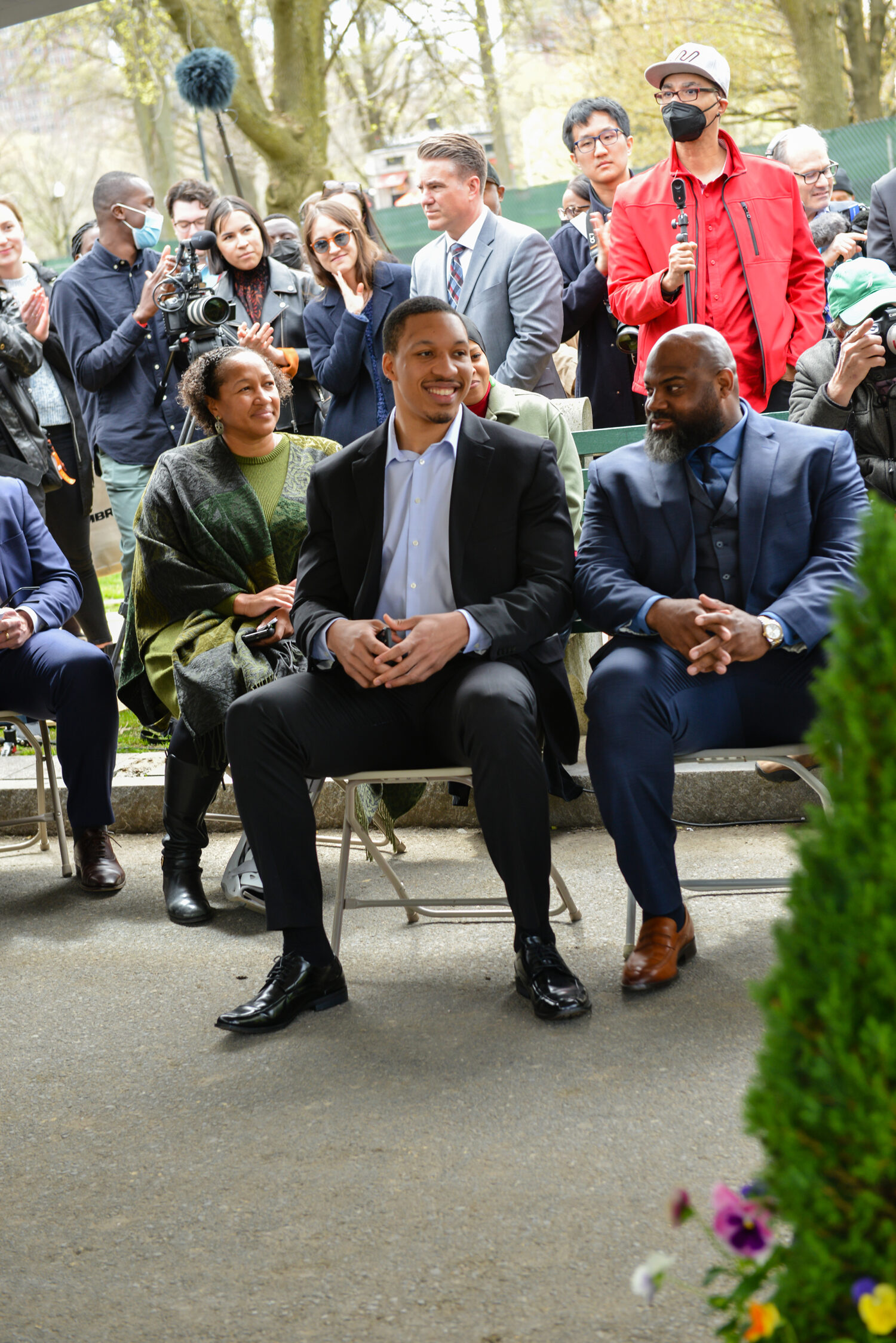In light of dramatic shifts in the national context, we at Barr have been grappling with how best to respond. The success of any grantmaking foundation relies upon partners for whom new policies from Washington can provide tailwinds, headwinds, or even—as many are experiencing lately—existential threats. This is true in distinct ways for each of Barr’s focus areas—arts and creativity, climate change, and education—as it is for a host of other issues. Amidst so much uncertainty, through conversations among our staff and trustees, with grantees, and many other colleagues, we have landed on four core principles to help us navigate these times:
Adapt strategies
Planning is essential, but inflexible reliance upon such plans in the face of change may be just as bad as not planning at all. Just a year ago, we announced Barr’s new strategic directions. As we did, we described the balance we hoped to strike between focus and flexibility, between having “staying power on complex and vital issues while avoiding rigidity.” We know the most effective strategies are never static, but must be refined and adapted based on what we learn along the way, and in response to change.
At a time when so much is changing and at a pace that makes it hard to keep up, the importance of adaptability cannot be overstated. “We cannot direct the winds,” goes the famous (unattributed) saying, “but we can adjust the sails.”It is time for philanthropy to adjust its sails.
Remain true to values
As other nonprofits have been describing how to proceed in this new context, one unifying theme has been clear: we must stay true to our values. Several colleagues have written eloquently on this theme, including Grant Oliphant of The Heinz Endowments, who urged foundations, as an expression of their values, to use their voice and actively engage right now; and Don Howard, who outlined tangible plans The James Irvine Foundation has already taken in defense of its values.
We have the good fortune of being grounded by clear values at Barr. Our responses to the challenges of the moment—and any on the horizon—will be governed by these. At times, our values will also spur us to engage in partnerships outside our defined focus areas and strategies. For example, we recently joined many other funders to sign a joint statement (under the auspices of Grantmakers Concerned for Immigrants and Refugees) underscoring the important roles immigrants and refugees occupy in our country and the need to protect them.
Listen attentively
More than ever, philanthropy must understand what its partners need in order to be successful in this different context. This requires outreach on our part and careful listening. It may require reconsidering budgets, priorities, or objectives. These are active conversations we are having with our partners at Barr, and they will certainly continue. Beyond listening to partners, we also need to listen beyond our existing networks, to ensure community voices are actively engaged, and that our efforts are informed by a range of perspectives.
Invest in a healthy democracy
Finally, this moment has made evident the urgency for philanthropy to support those advocating for marginalized populations, protecting human rights and civil liberties, and ensuring the vitality of fact-based reporting and research. While these areas may not fit neatly into Barr’s current program areas and strategies, the moment compels us to engage. Accordingly, we are exploring targeted opportunities to invest in a healthy democracy. While these explorations are in their early days, we will have more to report in the weeks ahead, including awarding initial grants by early spring.
At their best, mission statements guide and inspire. Barr’s mission statement centers on “investing in potential.” Inherent to that aspiration is the imperative of connecting people—especially those facing barriers or obstacles—to opportunities, so that they may thrive and succeed.
This is our principal motivation at Barr, and we are proud to partner with others committed to the ideals of equity, inclusion, and opportunity that underlie that aspiration. Our active engagement in defense of these ideals may be more important now than ever.




